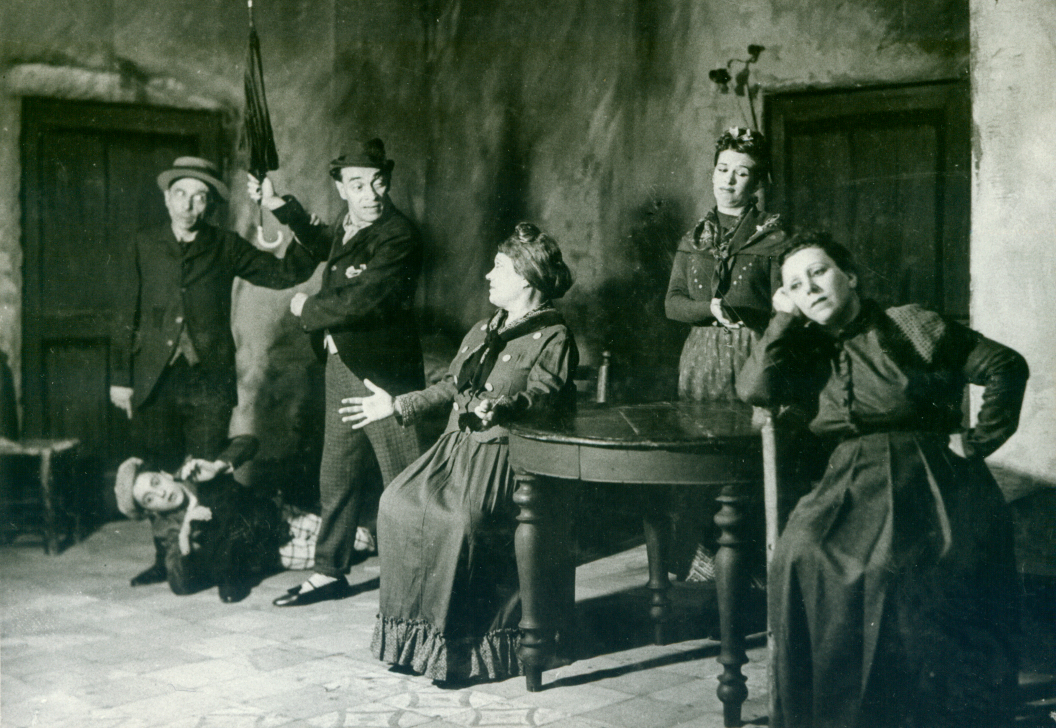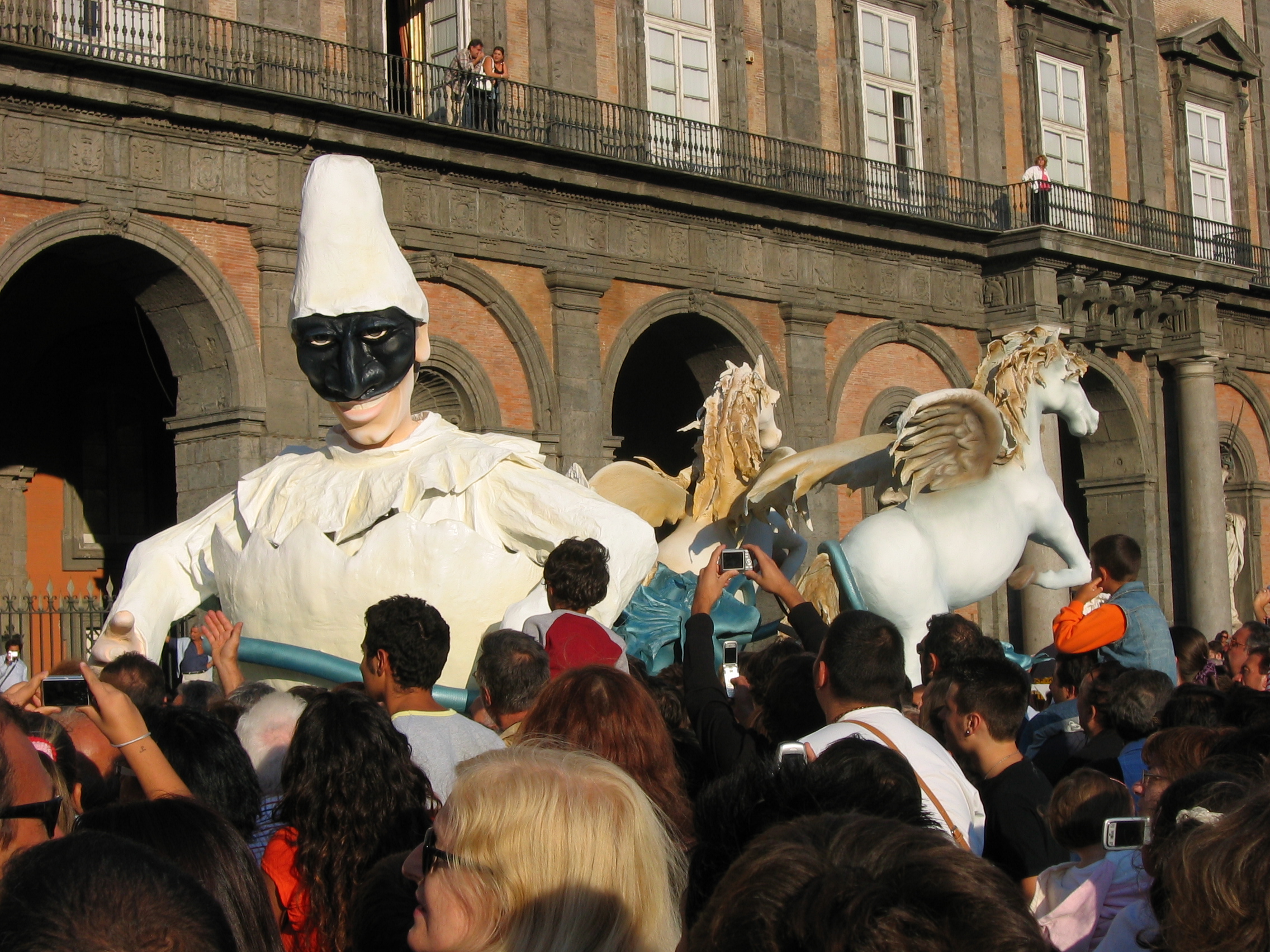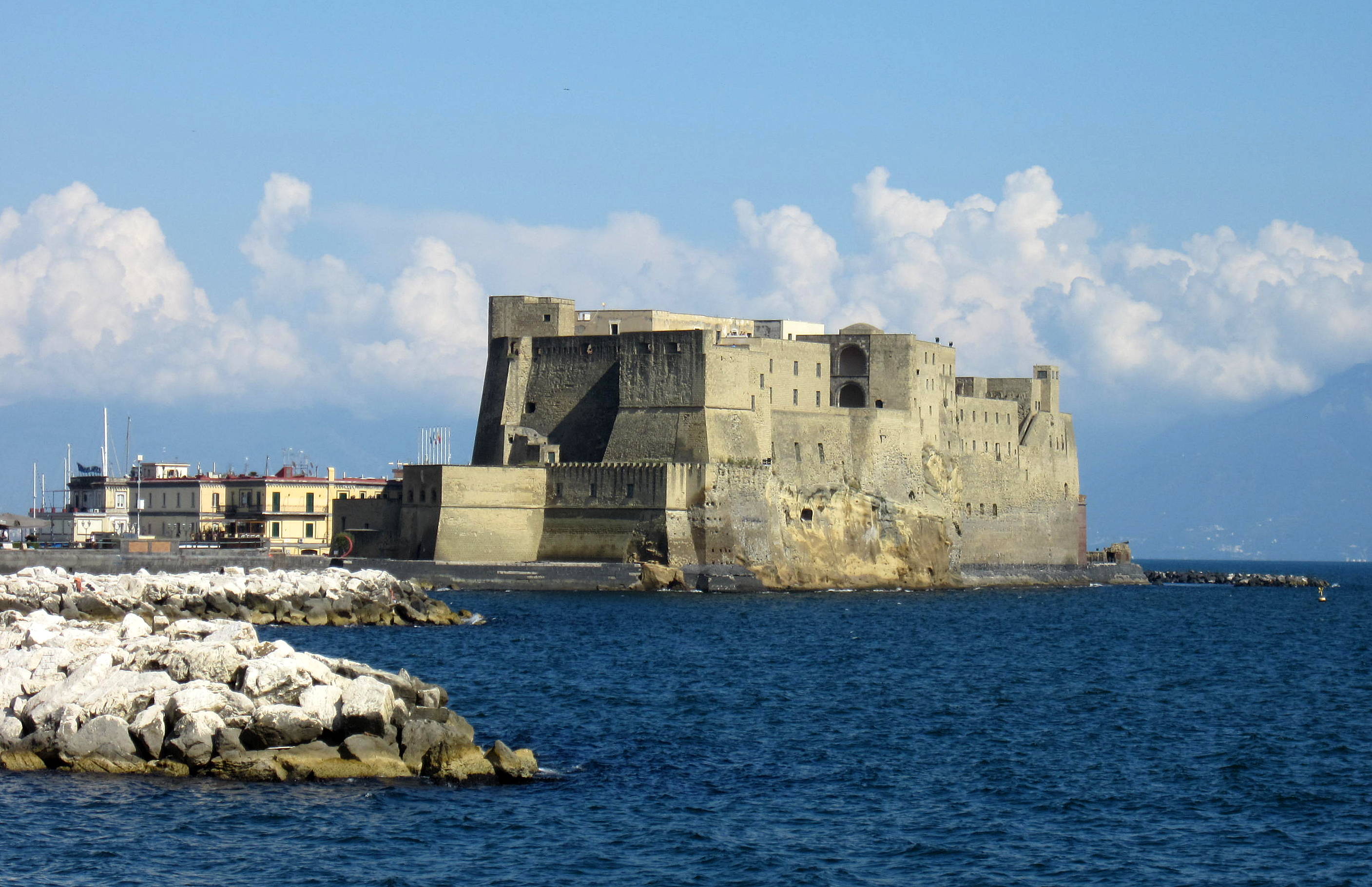Naples: the city of sun, sea, pizza and mandolin! Well, in addition to the clichés, the city of Naples hides much more. Its mysterious charm, its sublime art, its eventful history, its warm and loving people: Naples is the heart and soul of Campania. Its importance has also been proven by a recent conquest of no small importance, which made the Neapolitans very proud of their origins. Recently, the Neapolitan dialect was recognized as a language!
The Neapolitan dialect: a bit of history ...
After the recognition of the pizza as a World Heritage Site, it was the turn of the Neapolitan dialect. Indeed UNESCO has declared that Neapolitan is not actually a dialect, but a real language. It is spoken in almost all regions, from Campania to lower Lazio, from Abruzzo to Molise, from Puglia to Calabria. Its origins are very ancient, and go from the development of the city of Pompeii to the time of the Aragonese. With the domination of the Spaniards, the Neapolitan dialect was used as an administrative language, as well as a state language. Over the centuries, the Neapolitan has undergone many changes and influences, but has kept its original matrix intact.

With the arrival of Garibaldi and the end of the Kingdom of the Two Sicilies, Neapolitan was officially replaced by the Italian language, although in Piedmont the language of the bureaucracy was French. During the period of the early twentieth century, there were even some people who proposed to the Piedmontese parliament to officially abolish the Neapolitan dialect. As years go by, the Neapolitan dialect was increasingly opposed, and for this reason it was relegated to a language used by criminals, brigands and disreputable people, according to what was reported by the new nobility that was making its way into the kingdom. To the detriment of what is said, the Neapolitan dialect developed and grew luxuriantly, despite the various difficulties.
Neapolitan and the UNESCO declaration: not a dialect, but a language!
Although in common parlance it continues to be defined dialect, Neapolitan has now been definitively decreed by UNESCO to be an authentic language. This decision was not made instinctively, as one might think, but is the result of a long pondering. According to industry scholars and linguists, the Neapolitan dialect is to be considered the second official language in Italy. This is also thanks to the fame and glory that still today preserve the Neapolitan melodic songs of the past (which have traveled the world), and the comedies of the immense Eduardo De Filippo. The characters, the stories, the teachings of the Neapolitan Theater have transmitted all the soul and the feeling of that enchanted place that is Naples.

Not only that, the language of a people is closely linked to its history, and that of the Kingdom of Naples has been inscribed at full capacity not only in Italy, but also internationally. Over time the Neapolitan language has developed and enriched by what the purists define vulgar influences, but despite this, it has kept faith with its roots. It has also often been used by poets and writers to best express their ideas, since (as the famous Giambattista Vico said) it was considered a philosophical language, understandable to most. Now there are no more excuses: Neapolitan is a language that tells part of our identity, and must be protected and preserved. Word of UNESCO!





